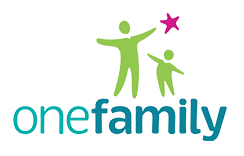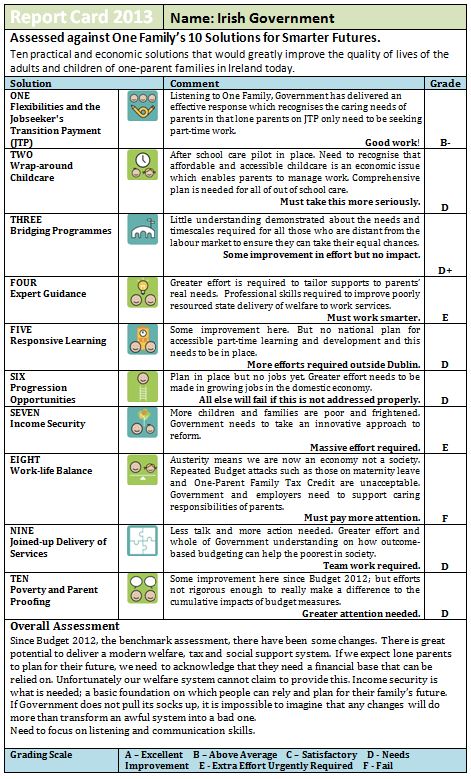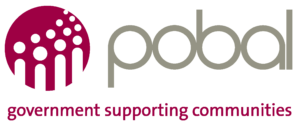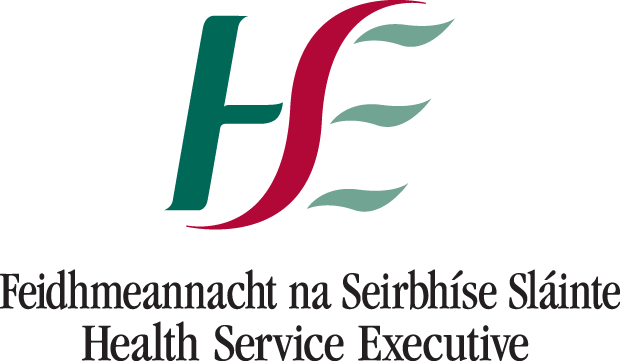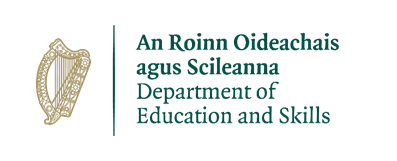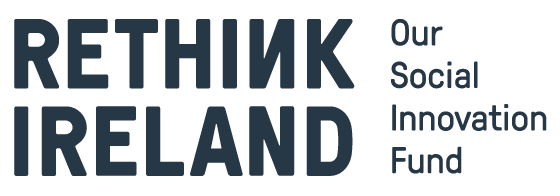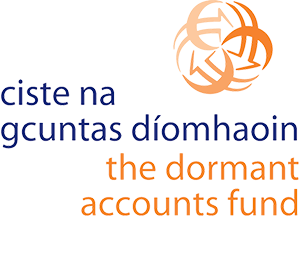Press Release
Children & Family Relationships Bill provides first steps to a modern Family Law system in Ireland –
but One Family warns that family law courts need the resources to do their job properly for all children
(Dublin, Thursday 30 January 2014) One Family – Ireland’s leading organisation for one-parent families in Ireland today welcomes the publication of the Heads of the Children & Family Relationships Bill 2014 by Minister Alan Shatter. As an organisation that has campaigned for over 40 years for legal recognition and support for the wide diversity of families that children live in, we believe this Bill is a good first step that is long overdue.
Karen Kiernan, One Family CEO explains: “This Bill when enacted will provide a higher level of legal security for some of the diverse one-parent families that children live in. We are particularly pleased to see that people who have caring responsibility for children such as step-parents will be able to apply for guardianship, that it will be easier for extended family members such as grandparents to gain contact with their grandchildren and that more non-marital fathers will become guardians automatically of their children.”
However, One Family has some serious concerns about how aspects of the Bill can really be implemented given the serious resource restrictions that exist, and the lack of consistency and specialist knowledge that can characterise some family law proceedings and the requirement to hear children’s voices.
Kiernan continues: “We are very concerned about the lack of family assessments available to judges in family law courts which can be essential when upholding the principle of ‘a child’s best interest’. We have seen that it is extremely difficult to make nuanced and life-changing decisions without full, impartial information on what is going on in a family. A robust court welfare system will need to be put in place that can assess issues such as child protection, domestic violence, parental capacity so that judges can make informed, reasoned decisions. Such a system could also effectively hear the voice of children of all ages. The current Heads indicates that the costs of such reports, counselling, mediation or parenting courses as ordered by court will be borne by the parents involved and this is not realistic for many families.
It is time that a standardised, holistic, family-centred approach is taken to family law in Ireland where the starting point has to be the child and their family rather than the traditions of the legal system. The Bill is well-intentioned but will need an implementation plan with an attached budget to really make a difference.”
Part of what Minister Shatter is working to resolve is in relation to parenting orders and plans that are not adhered to. One Family offers a range of specialist counselling and parenting supports to people going through separation, sharing parenting of their children as well as those who parent alone. One Family also ran the two pilot Child Contact Centres over the past three years in partnership with Barnardos – a service that is now closed due to lack of government funding.
Karen Kiernan further explains: “Whilst much of this Bill is an excellent improvement on what was there, there is a big miss in relation to Child Contact Centres which are not mentioned. They have been proven to be needed and effective in reducing the dangers for children in high conflict families, in ensuring parenting orders work and in supporting families to move on to self-arranged contact. No Government department has been willing to continue funding them and they are not provided for in the Heads of Bill as a necessary service for courts.”
About One Family
One Family was founded in 1972 and is Ireland’s leading organisation for one-parent families offering support, information and services to all members of all one-parent families, to those experiencing an unplanned pregnancy and to those working with one-parent families. Children are at the centre of One Family’s work and the organisation helps all the adults in their lives, including mums, dads, grandparents, step-parents, new partners and other siblings, offering a holistic model of specialist family support services. These services include the lo-call askonefamily national helpline on 1890 622 212, counselling, and provision of training courses for parents and for professionals. One Family also promotes the Family Day Festival, an annual celebration of the diversity of families in Ireland today, with 10,000 people attending in 2013 (www.familyday.ie). For further information, visit www.onefamily.ie.
Available for Interview
Karen Kiernan, CEO | t: 01 662 9212 or 086 850 9191
Further Information/Scheduling
Shirley Chance, Director of Communications | t: 01 662 9212 or 087 414 8511
